A platform for leadership
The City of Windhoek Junior Council was established in 1999 and this is the 20th intake.
Michelline Nawatises
The City of Windhoek Junior Council (JC) provides a platform for leadership potential and exposes learners to local challenges.
They learn about local issues and connect with local communities.
It’s a platform for young people to raise their voices, so they can contribute to city planning and participate in decision-making.
The City has planning consultations where it incorporates the voice of the Junior Council.
The City prioritises the development of young people and as a result has established a youth development and training section under the social and youth development division to facilitate and co-ordinate Junior Council programmes that aim to develop and empower them.
During the first year, only 15 secondary schools were represented on the City of Windhoek Junior Council.
City CEO Robert Kahimise said this is the 20th group of young leaders who have been moulded, groomed and given exposure.
Kahimise said since the inception of the Junior Council in 1999, the youth development section has empowered many young people through this programme.
“The JC has implemented various programmes and activities that made a difference in the lives of many vulnerable people in the society,” he said.
Chief electoral officer of the Electoral Commission of Namibia (ECN), Theo Mujoro, facilitated the election process to bring transparency.
Outgoing junior mayor Reschelle Beukes mentioned that the purpose of the Junior Council is to equip future leaders by making them more involved in their communities. Grace Mackinza, a grade 11 learner from Delta Secondary School was sworn in as the new junior mayor for 2019/20.
She said the main focus when choosing projects should be their impact, while also making the council bearers of change.
“Our key focus will be supporting cancer patients, reaching out to the vulnerable people in the society and to raise awareness on youth suicide prevention,” she said.
She further added that there has been a staggering increase in youth suicides in Namibia.
Windhoek mayor Muesee Kazapua said this is the perfect platform where young people can be engaged and prepared.
“We must involve the young people to be the custodians from the beginning in order for them to take up leadership positions,” he said.
During the first year, only 15 secondary schools were represented on the City of Windhoek Junior Council and the number has now increased to 39 high schools.
The objectives of the Junior Council are as follows:
· To provide a vehicle through which senior learners may obtain knowledge on civic affairs;
· To report back to schools on all information pertaining to the Junior Council and civic affairs; and
· To create a liaison between Windhoek school learners and the City of Windhoek.
Former junior mayor Emma Theofelus urged young residents to continue to govern with the cities best interest at heart.
Theofelus, who occupied the post in 2013, said: “It is important for young people to become an integral part of developing their cities.”
She added that the role that junior councils play in towns is vital, as they are in essence part of the leadership.
The importance of youth leadership:
1.Young people are best poised to advocate for their needs in creating and implementing policies and programmes to ensure youth-friendly sexual and reproductive health services that are free from coercion, discrimination, and violence.
2.Young people are more receptive to change and have a large stake in creating a strong future. Youth involvement facilitates positive social change, including structures, policies and procedures that are demand-driven to address the health needs of their communities and countries, now and in the future.
3.Meaningful youth participation at all levels of government results in responsive health systems that take advantage of new innovations and technologies.
4.Investing in young people increases their knowledge and practical skills, strengthening their social interest, and nurturing long-term commitment to entrepreneurship and creative health solutions.
5.Investing in youth leadership not only ensures that the future generation is equipped with the competencies necessary for strong leadership, but enhances young people’s understanding of how to be accountable and be inspiring leaders.
The City of Windhoek Junior Council (JC) provides a platform for leadership potential and exposes learners to local challenges.
They learn about local issues and connect with local communities.
It’s a platform for young people to raise their voices, so they can contribute to city planning and participate in decision-making.
The City has planning consultations where it incorporates the voice of the Junior Council.
The City prioritises the development of young people and as a result has established a youth development and training section under the social and youth development division to facilitate and co-ordinate Junior Council programmes that aim to develop and empower them.
During the first year, only 15 secondary schools were represented on the City of Windhoek Junior Council.
City CEO Robert Kahimise said this is the 20th group of young leaders who have been moulded, groomed and given exposure.
Kahimise said since the inception of the Junior Council in 1999, the youth development section has empowered many young people through this programme.
“The JC has implemented various programmes and activities that made a difference in the lives of many vulnerable people in the society,” he said.
Chief electoral officer of the Electoral Commission of Namibia (ECN), Theo Mujoro, facilitated the election process to bring transparency.
Outgoing junior mayor Reschelle Beukes mentioned that the purpose of the Junior Council is to equip future leaders by making them more involved in their communities. Grace Mackinza, a grade 11 learner from Delta Secondary School was sworn in as the new junior mayor for 2019/20.
She said the main focus when choosing projects should be their impact, while also making the council bearers of change.
“Our key focus will be supporting cancer patients, reaching out to the vulnerable people in the society and to raise awareness on youth suicide prevention,” she said.
She further added that there has been a staggering increase in youth suicides in Namibia.
Windhoek mayor Muesee Kazapua said this is the perfect platform where young people can be engaged and prepared.
“We must involve the young people to be the custodians from the beginning in order for them to take up leadership positions,” he said.
During the first year, only 15 secondary schools were represented on the City of Windhoek Junior Council and the number has now increased to 39 high schools.
The objectives of the Junior Council are as follows:
· To provide a vehicle through which senior learners may obtain knowledge on civic affairs;
· To report back to schools on all information pertaining to the Junior Council and civic affairs; and
· To create a liaison between Windhoek school learners and the City of Windhoek.
Former junior mayor Emma Theofelus urged young residents to continue to govern with the cities best interest at heart.
Theofelus, who occupied the post in 2013, said: “It is important for young people to become an integral part of developing their cities.”
She added that the role that junior councils play in towns is vital, as they are in essence part of the leadership.
The importance of youth leadership:
1.Young people are best poised to advocate for their needs in creating and implementing policies and programmes to ensure youth-friendly sexual and reproductive health services that are free from coercion, discrimination, and violence.
2.Young people are more receptive to change and have a large stake in creating a strong future. Youth involvement facilitates positive social change, including structures, policies and procedures that are demand-driven to address the health needs of their communities and countries, now and in the future.
3.Meaningful youth participation at all levels of government results in responsive health systems that take advantage of new innovations and technologies.
4.Investing in young people increases their knowledge and practical skills, strengthening their social interest, and nurturing long-term commitment to entrepreneurship and creative health solutions.
5.Investing in youth leadership not only ensures that the future generation is equipped with the competencies necessary for strong leadership, but enhances young people’s understanding of how to be accountable and be inspiring leaders.




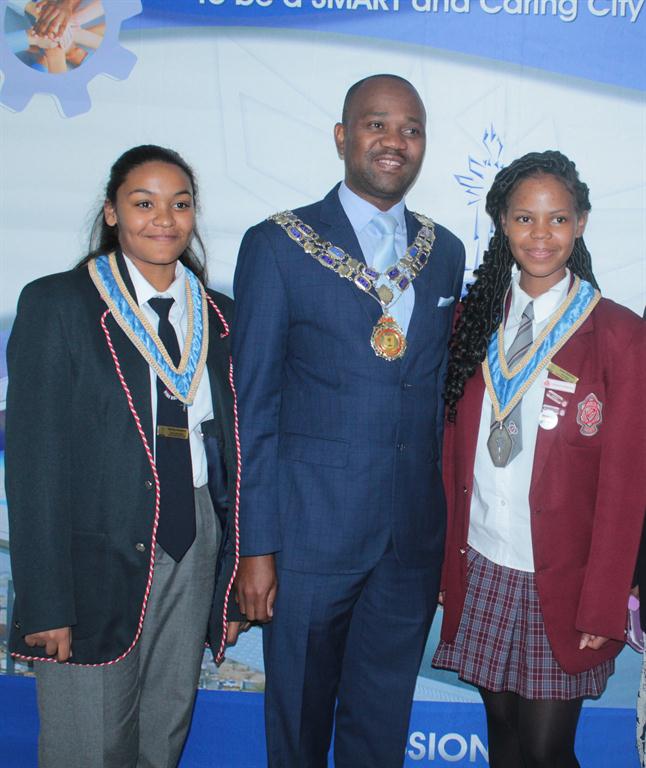
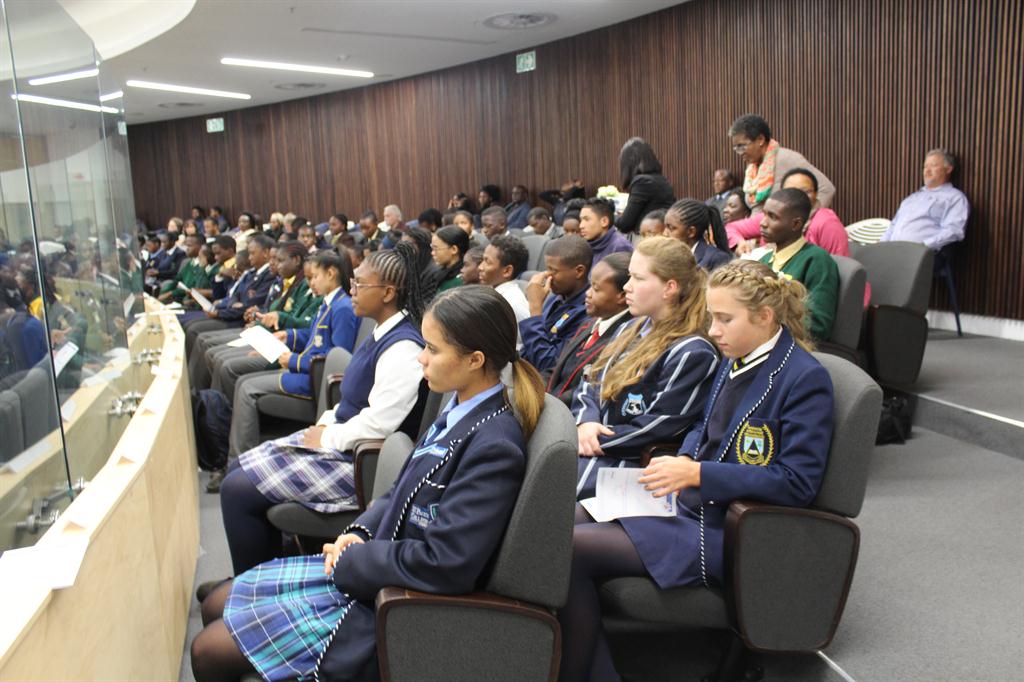
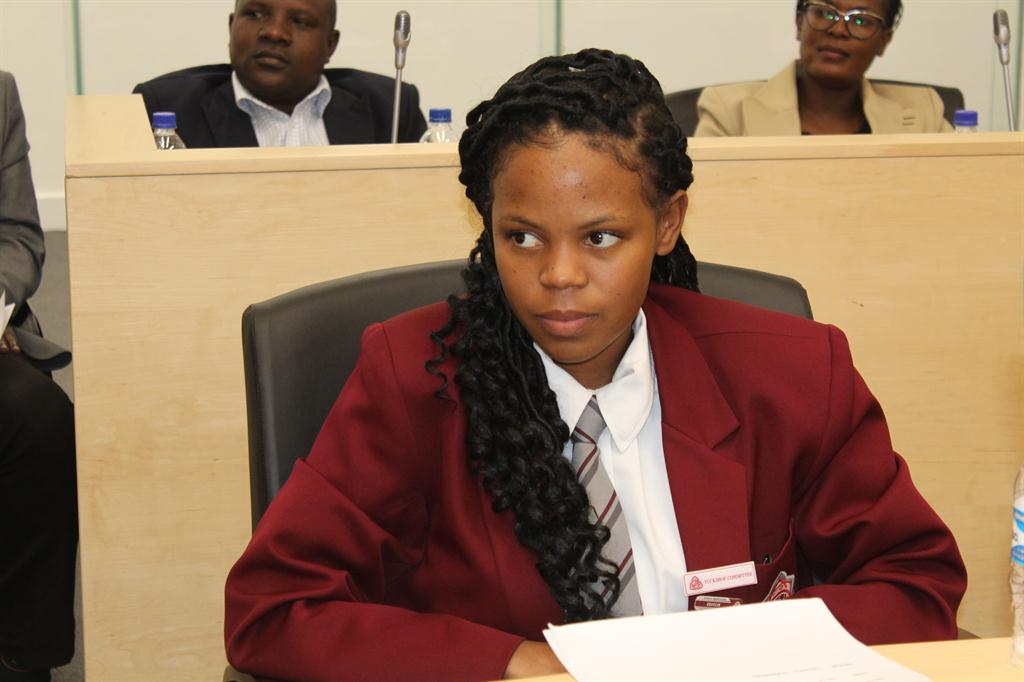
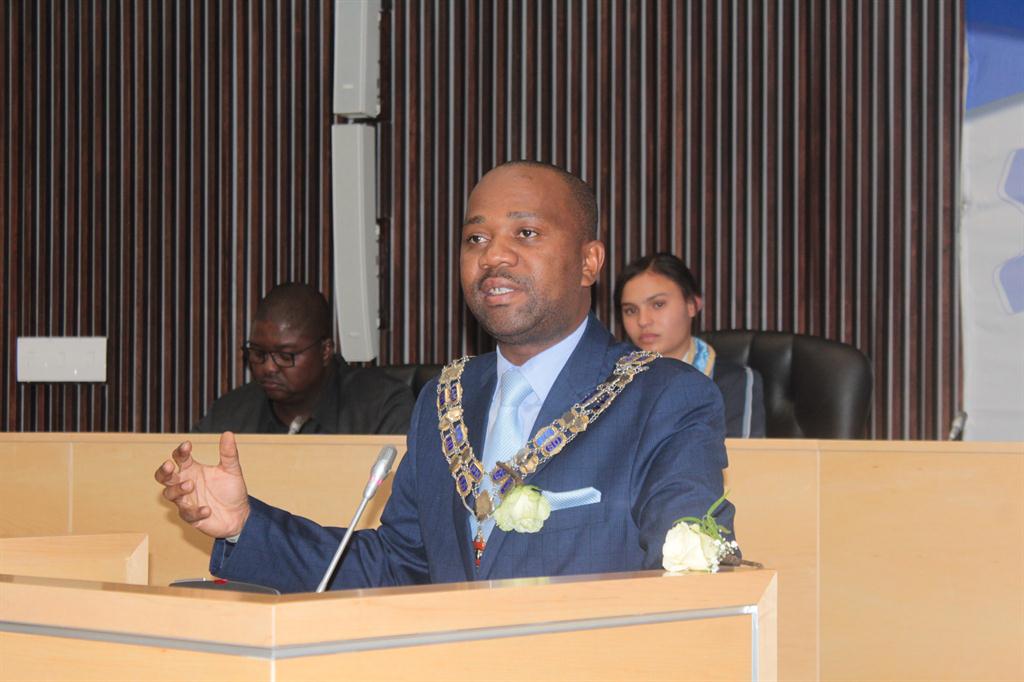

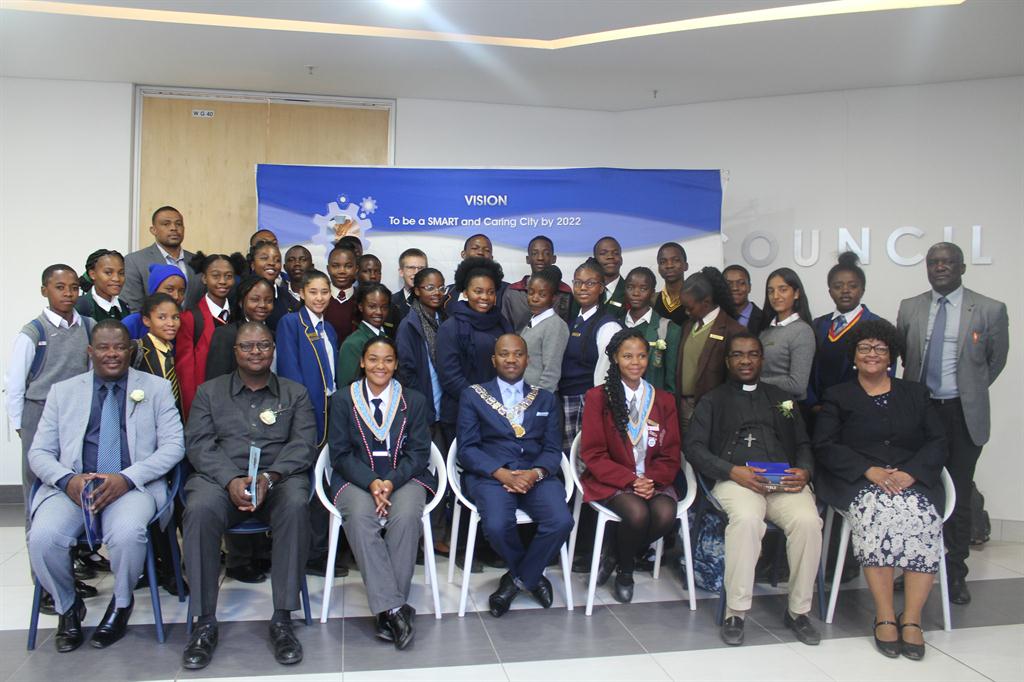

Comments
Namibian Sun
No comments have been left on this article